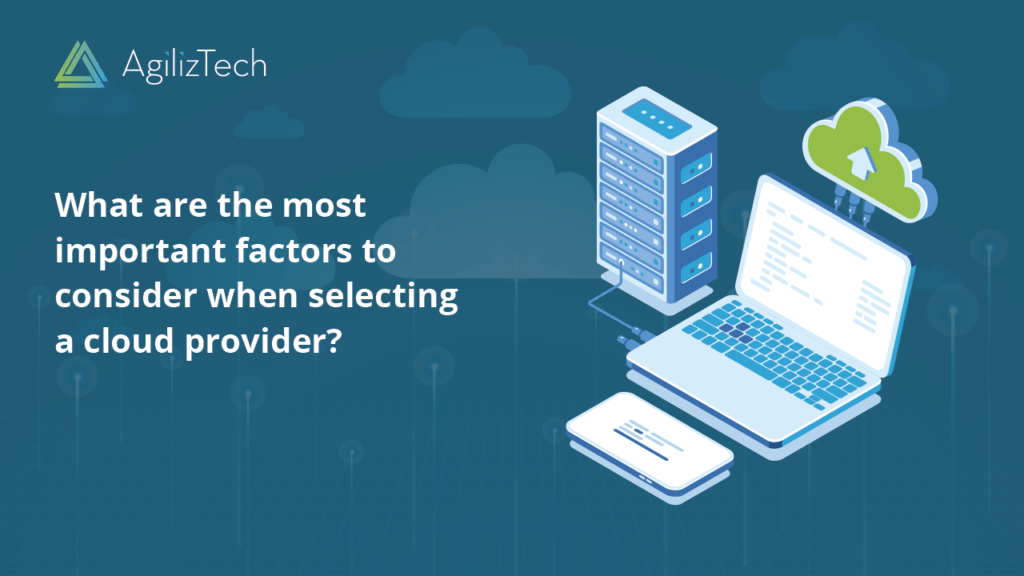In this article, we will look at What are the challenges and opportunities of multi-cloud strategies?
The use of multi-cloud strategies, which involves leveraging multiple cloud providers and platforms, has become increasingly popular among organizations. Multi-cloud strategies offer a number of benefits, such as increased flexibility and scalability, but also come with their own set of challenges and opportunities.
1. Flexibility and Scalability:
One of the main benefits of multi-cloud strategies is the increased flexibility and scalability that they offer. Organizations can leverage the strengths of different cloud providers and platforms to create a customized solution that meets their specific needs.
2. Cost Optimization:
Another benefit of multi-cloud strategies is the ability to optimize costs. Organizations can take advantage of the different pricing models and services offered by different cloud providers to find the most cost-effective solution.
3. Risk-Management:
Multi-cloud strategies can also help organizations to manage risks, by reducing their dependence on any one cloud provider or platform. This can help to minimize the impact of service disruptions or outages, and to protect against vendor lock-in.
4. Complexity:
One of the main challenges of multi-cloud strategies is the increased complexity that they can introduce. Organizations must be able to effectively manage and integrate different cloud providers and platforms to ensure that their multi-cloud strategy is successful.
5. Security:
Another challenge of multi-cloud strategies is the need to ensure that data is secure across different cloud providers and platforms. Organizations must be able to effectively manage security and compliance across different environments to ensure that their data is protected.
6. Integration:
Integration is also a challenge when it comes to multi-cloud strategies. Organizations must be able to seamlessly integrate different cloud providers and platforms to ensure that they can take full advantage of the benefits offered by each.
In conclusion, Multi-cloud strategies offer a number of benefits, such as increased flexibility and scalability, cost optimization, and risk management, but also come with their own set of challenges such as complexity, security, and integration. Organizations must carefully consider the challenges and opportunities of multi-cloud strategies and develop a clear plan to manage and integrate different cloud providers and platforms to ensure that their multi-cloud strategy is successful.

